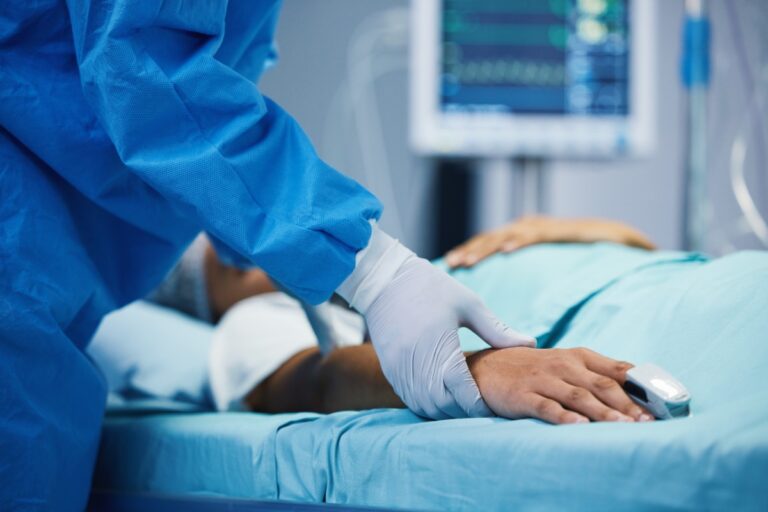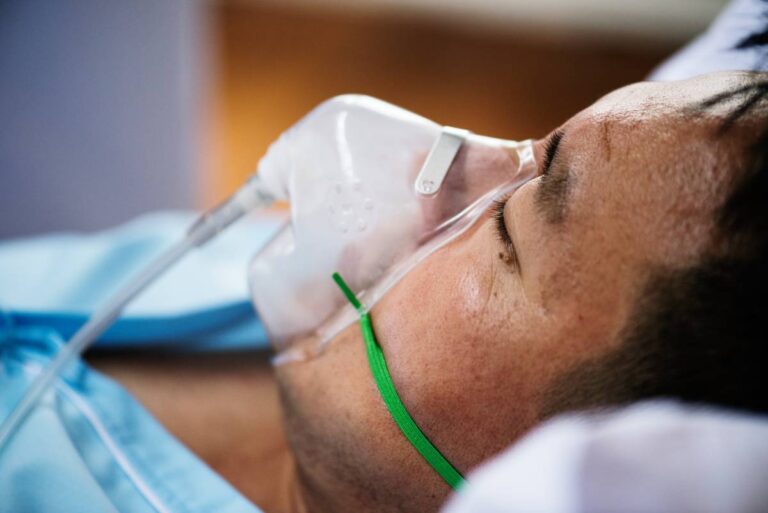Undergoing general anesthesia for a surgical procedure can be both physically and mentally taxing. While the procedure itself and the beginning of recovery happens at the surgical facility, the recovery process continues once you return home. There are several components of recovery at home after anesthesia that are important for patients to know and be able to plan for.
Transportation and Support:
After receiving general anesthesia, you may experience lingering effects such as drowsiness, dizziness, and impaired judgment that continue for a short time into your recovery at home. It is crucial to arrange for a responsible adult to accompany you home and assist you during the initial recovery period. This person can provide emotional support, help you adhere to post-operative instructions, and ensure your safety as you transition back to your home environment.
Pain Management:
Pain and discomfort are common after undergoing surgery. Your healthcare provider will prescribe pain medication to manage any post-operative pain. Take the medication as directed, adhering to the recommended dosage and timing. If you experience side effects or inadequate pain relief, contact your healthcare provider for further guidance.
Rest and Sleep:
Allowing your body to rest and recuperate is vital for a smooth recovery. General anesthesia can leave you feeling fatigued, so listen to your body and prioritize rest. Take short naps as needed and aim for sufficient sleep at night. Ensure you have a comfortable and supportive mattress and a quiet, calm environment conducive to sleep.
Wound Care and Dressings:
If you have surgical incisions or dressings, follow the specific instructions provided by your healthcare provider. Keep the incision site clean and dry, and change dressings as directed. Watch for signs of infection, such as increased redness, swelling, or drainage, and report any concerns to your healthcare provider promptly.
Hydration and Nutrition:
Maintaining proper hydration and nutrition is essential for the healing process. Drink plenty of fluids unless otherwise advised by your healthcare provider, and choose a balanced diet rich in fruits, vegetables, lean proteins, and whole grains. If you experience nausea or difficulty eating, which can occur after anesthesia, start with small, frequent meals at home and gradually increase your food intake as your recovery progresses.
Physical Activity and Mobility:
While it is important to rest, gradually introducing light physical activity can aid in your recovery. Follow your healthcare provider’s guidance on when to start moving and what activities are safe for you. Short walks, gentle stretching, and prescribed exercises can promote circulation, prevent blood clots, and help restore muscle strength and flexibility.
Medication Management:
If you were prescribed any medications to take at home, be sure to follow the instructions carefully. Take medications at the prescribed times and complete the full course, even if you start feeling better. If you have concerns about side effects or potential interactions with other medications, consult your healthcare provider or pharmacist.
Follow-Up Appointments:
Your healthcare provider will schedule follow-up appointments to monitor your progress and address any concerns. It is essential to attend these appointments and communicate any changes in your symptoms or recovery. These visits allow your healthcare provider to assess how well you are healing at home, remove stitches or staples if necessary, and provide further guidance on your recovery journey after surgery and anesthesia.
Emotional Well-being:
Recovering from surgery can sometimes be emotionally challenging. It is normal to experience a range of emotions, including mood swings, anxiety, or feelings of vulnerability. Seek support from your loved ones, join support groups, or consider speaking with a mental health professional to help you navigate these emotions and promote a positive mindset during your recovery.
Warning Signs:
While most recoveries after general anesthesia progress smoothly, it is important to be aware of potential complications. Contact your healthcare provider immediately if you experience severe pain, persistent vomiting, high fever, excessive bleeding, or any other concerning symptoms that may indicate a complication.
Recovery at home after general anesthesia requires patience, rest, and attentive self-care. By following the guidance of your healthcare provider, managing pain, allowing your body to rest, maintaining proper nutrition and hydration, and gradually reintroducing physical activity, you can support a successful recovery. Remember to attend follow-up appointments and seek medical attention if you experience any worrisome symptoms. With time, rest, and proper care, you will regain your strength and return to your daily activities.

